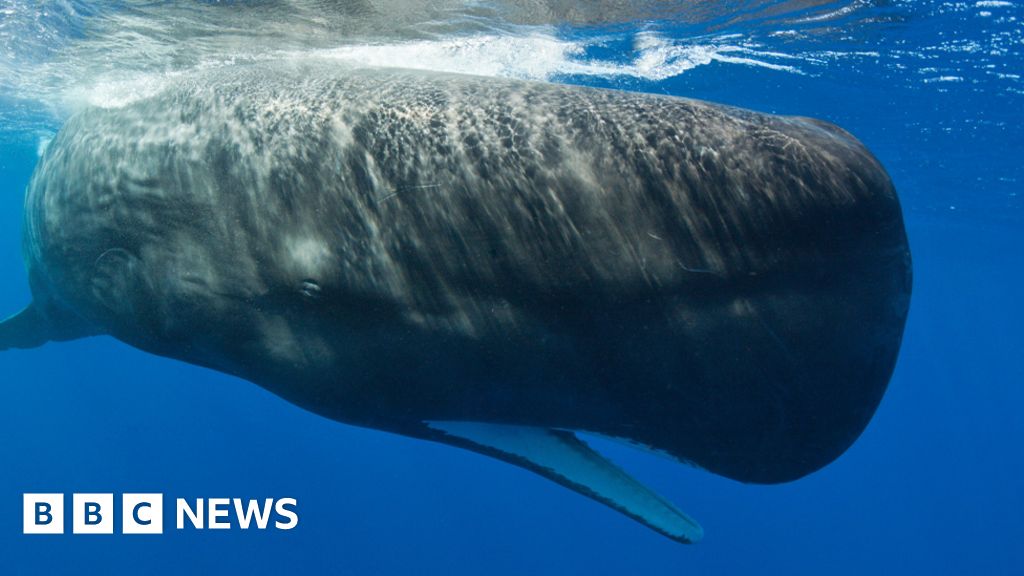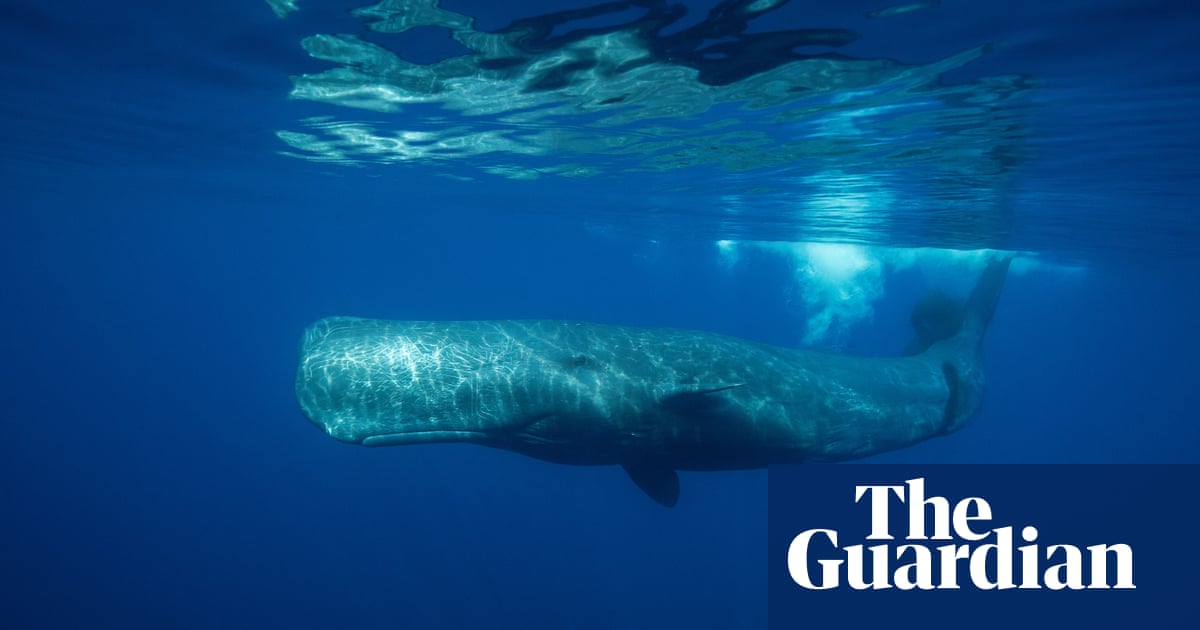The Caribbean island of Dominica has announced plans to establish the world’s first sperm whale reserve, covering an area of nearly 800 square kilometers off its western coast. Prime Minister Roosevelt Skerrit made the announcement, declaring that commercial fishing and large ships would be prohibited within this zone.

Also Read: Storm Debi: Met Office Issued Warnings in UK and Ireland
The 200 or so sperm whales that call our sea home are prized citizens of Dominica, Prime Minister Skerrit stated. “Their ancestors likely inhabited Dominica before humans arrived.
We want to ensure these majestic and highly intelligent animals are safe from harm and continue keeping our waters and our climate healthy.”
Sperm whales, the largest toothed predators on Earth, boast one of the global distributions among marine mammals, with sightings in deep waters off the Arctic, Antarctic, and equatorial regions.
However, the sea surrounding Dominica stands out as one of the few areas where the species can be found consistently throughout the year.
The reserve aims to protect these creatures from various threats, including ship strikes, unintentional entanglements in fishing gear, and plastic pollution.
Marine biologist Shane Gero, who has been studying Dominica’s whales since 2005, highlighted the population’s decline due to these factors.
While commercial fishing will be strictly prohibited in the reserve, artisanal fishing will be permitted, provided it aligns with sustainable practices that do not endanger the whales.
Additionally, tourists will have the opportunity to view and even swim with the sperm whales, albeit with strict regulations to ensure minimal disturbance to the marine giants.
Also Read: Iceland Declares State Of Emergency After 800 Earthquakes Within 14 Hours
Large ships navigating the region will be required to utilize the ocean corridors to avoid disrupting the whale’s natural behavior. The establishment of this reserve is not a symbolic gesture, it carries ecological and climate benefits.
The boundaries of the reserve were defined based on studies of the sperm whale’s feeding and sheltering habits. A corridor will allow ships to dock at Roseau, the capital and largest city of Dominica.
Success in preserving the reserve’s integrity hinges on the enforcement of regulations, with legislation expected to pass through Dominica’s parliament in the coming weeks.
The conservation initiative receives support from various quarters, including marine biologists, conservationists, and environmental organizations.
The CEO of Dynamic Planets, Kristen Rechberger, draws parallels with successful conservation programs, such as Rwanda’s mountain gorilla tourism, suggesting that responsible tourism could play a main role in the initiative’s success.
One of the aspects of this effort is its acknowledgment of the role sperm whales play in climate mitigation. Sperm whales dive to hunt squid and then return to the surface to breathe, rest, and defecate.
Their nutrient-rich feces foster plankton blooms, capturing carbon dioxide from seawater. When the plankton dies, it becomes a carbon sink, contributing to the mitigation of climate change impacts.
Also Read: Attenborough Echidna Believed Extinct Rediscovered in Indonesia
Enric Sala, founder of the nonprofit Pristine Seas, which is advising Dominica on this project, estimates that the sperm whales in Dominica’s waters lock up to 4,200 metric tons of carbon annually. This is equivalent to keeping 5,000 cars off the road, a contribution for a small island nation.
Shane Gero, the founder of the Dominica Sperm Whale Project, notes the unique social structures of sperm whales, describing them as a matrilineal society with cultures and dialects.
Individuals among the population can live up to 90 years, and their communication involves series of clicks known as codas.
The establishment of the sperm whale reserve comes at a time when these creatures face numerous threats globally.
Less than 500 sperm whales are estimated to inhabit the waters surrounding Dominica, part of a larger population moving along the Lesser Antilles chain.
Sperm whales faced severe depletion due to whaling, with an estimated 2 million individuals roaming the Earth’s oceans before being hunted for their oil.
Today, only around 800,000 sperm whales remain. The decline in their population is by modern challenges such as ship strikes, entanglements in fishing gear, and agricultural runoff.
Also Read: The Last 12 Month were the Hottest in 125,000 Years




















